Very cool project. Great to read about it. :-)
It’s great to see such projects especially after recent sad event in Croatia with misuse of some pesticide which resulted in death of more than 50 million bees :(
Emir wrote:
recent sad event in Croatia with misuse of some pesticide which resulted in death of more than 50 million bees
I read about it; hopefully the awareness will grow in the agricultural community and beekeepers and farmers will figure out a way to work together. It’s a super complex problem; even though some cultures aren’t toxic at all, the fact that they are ubiquitous gives the bees an unbalanced diet and malnutrition problems arise.
So far airfields have been ideal spots with acres and acres of green pastures and no intensive agriculture in the immediate vicinity. Now the challenge is to figure out a way to make this work in the long run :-)
A few hives for LFCK :-)
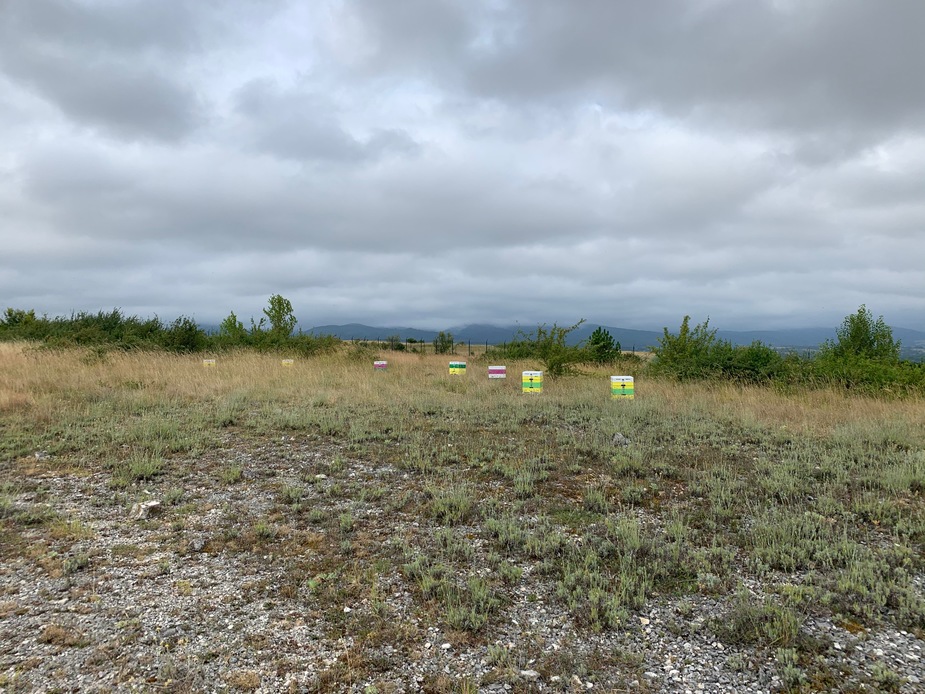
It is great to see this project being still alive! How is everything going?
Bees on airports seem to be a thing now- did you know that many large German airports have “official bees” for monitoring purposes? Hamburg even offers its airport honey in the local shops. They say they have been producing about 150kg per year since 1999. I can’t tell whether that is a large amount, but to me that sounds impressive.
Other airports doing this seem to be Frankfurt and Stuttgart, but also smaller ones like Dortmund.
Anyway, what I was going to ask is this: Does an airfield need to provide a beekeeper? Generally, how do you tend to the bees? Do you visit all bee fields according a schedule?
I like this project very much and would like to suggest participation at my field, but people are going to ask questions like this.
It is going quite all right so far. Airfields are great places for the honeybees thanks to the large pastures that provide food year-long (vs. areas with agricultural crops where the bees feast on rapeseed for 2 weeks then stare at the plowed land). We actually collected some honey today; 40kg in Graulhet (LFCQ). The amount of honey produced this year is really low because we focused on splitting the colonies to increase the stock.
There are sometimes initial friction to set up the hives, because we need a written agreement and even though the local airfield / airport manager is enthusiast about the project, getting a written approval can get a bit complicated (especially with the airfields owned by the local towns because this year was an election year).
Once the hives are set up, they drive a lot of interest and most of the time local airfields users ask to join for the inspections – we always have a spare bee suit for this specific purpose (and a kid-sized one as well).
To answer your questions a bit more specifically:
Last week we made 90 new swarms for 2021. Most queens have been correctly accepted so these swarms will winter in LFCQ and be dispatched in Spring 2021 to the participating airfields.
Then at some point we’ll need to figure out how to balance all this from an economic standpoint, but for now the plan is to scale the project to 30 airfields and see how the logistics pan out.
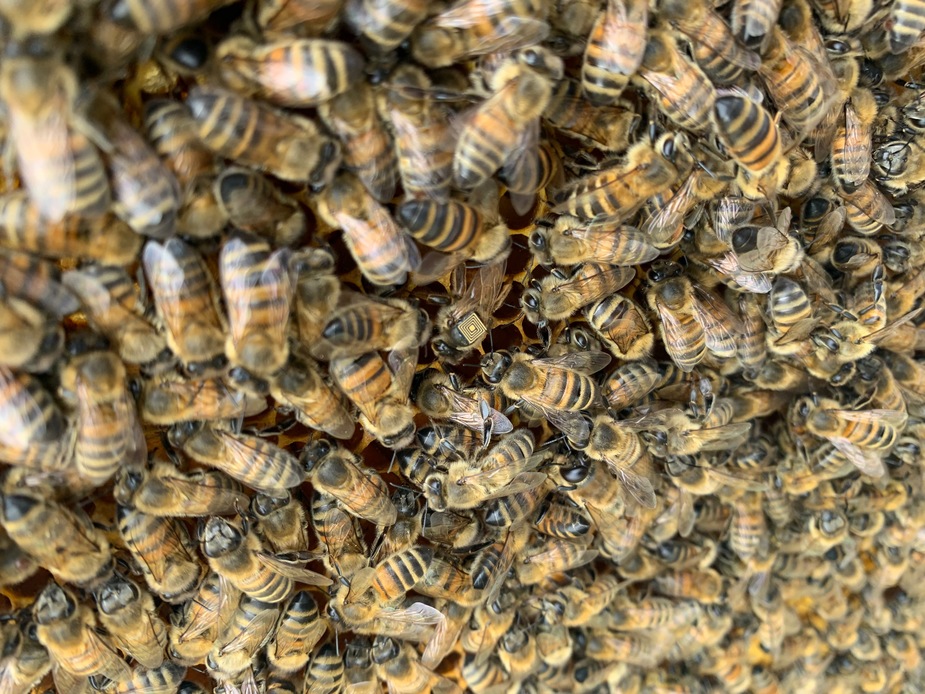
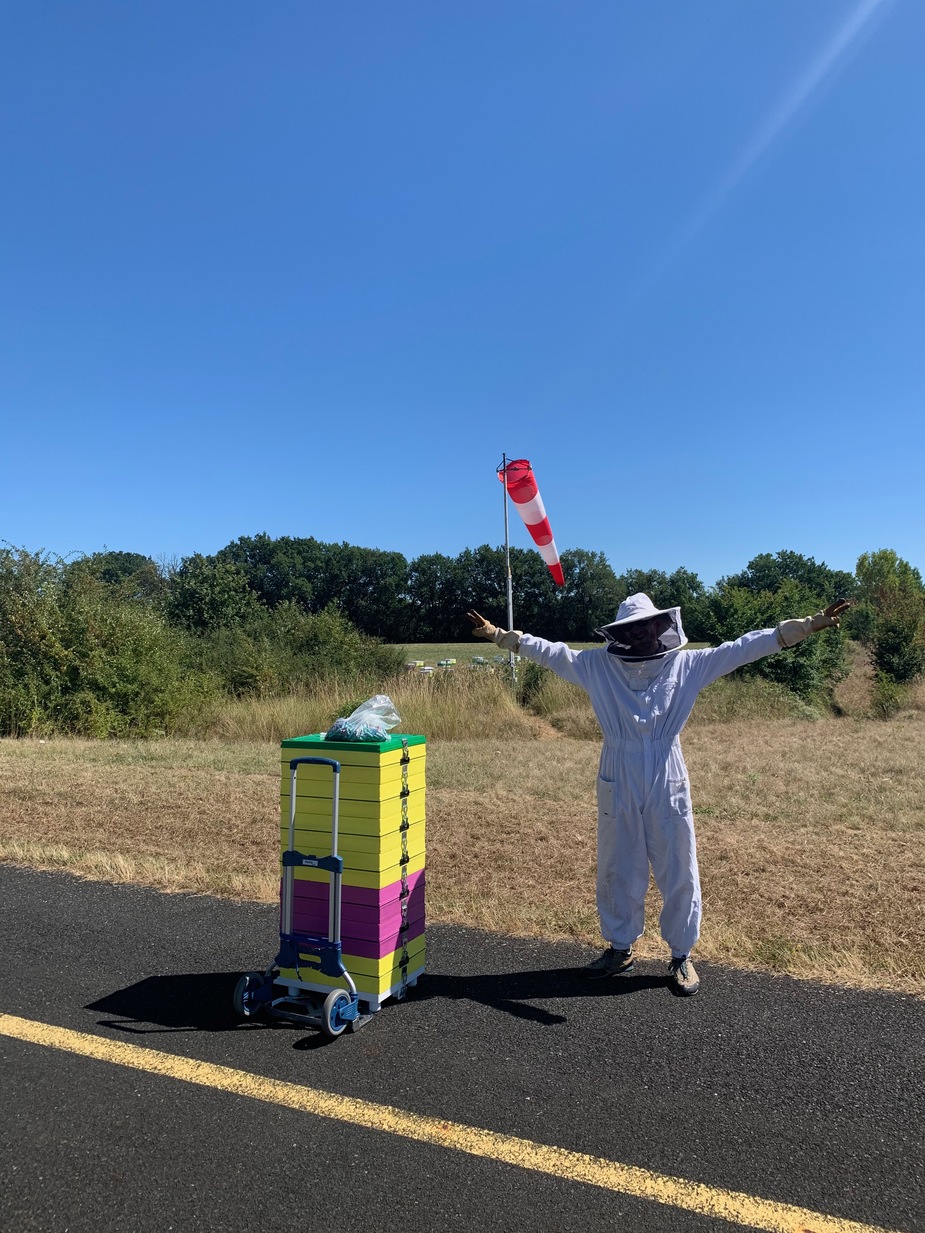
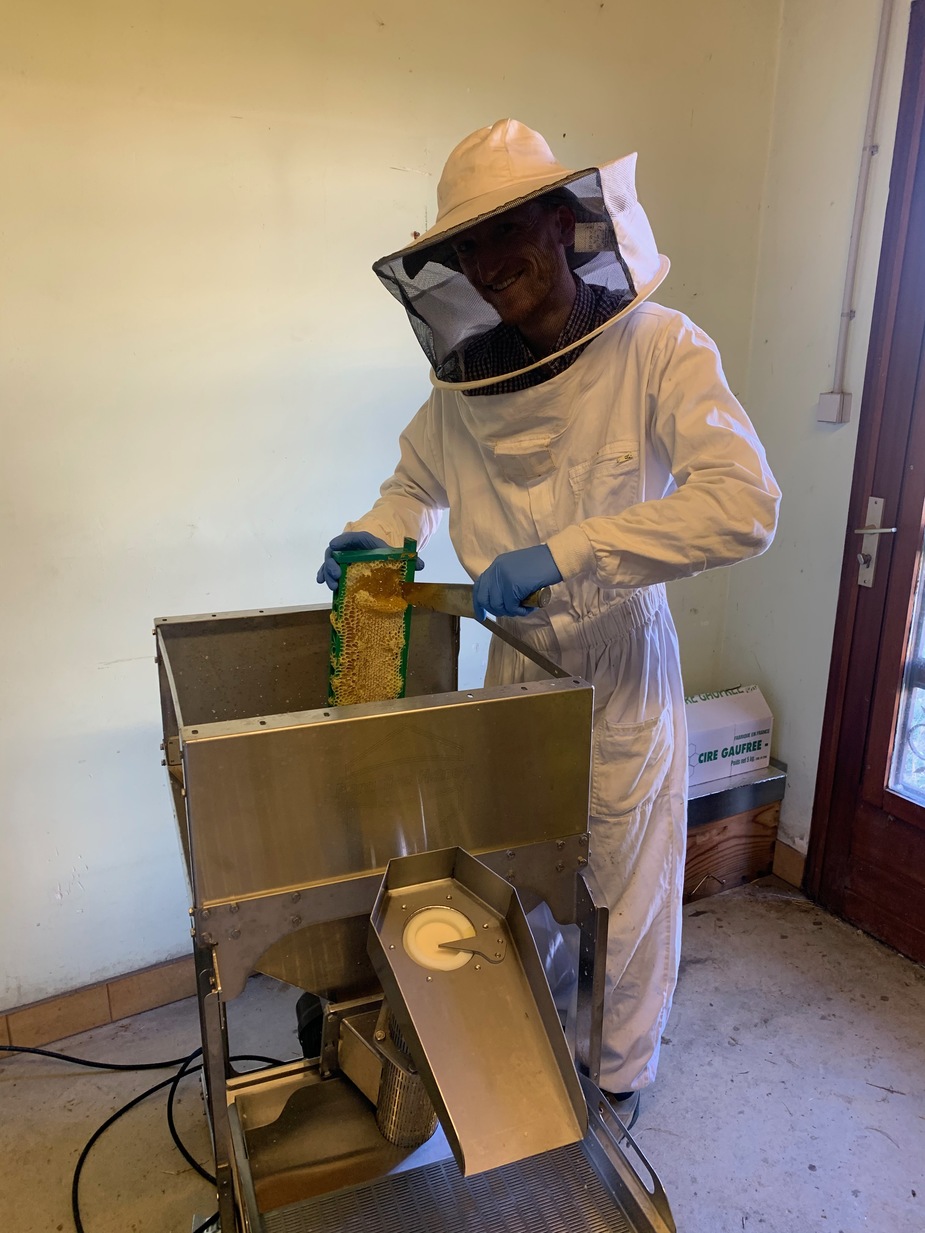
@wleferrand what a great update, very inspiring. Good to see an Aztruck being put to such good use.
This year’s production is pretty small (very much expected as we started the season with tiny swarms) but it is finally in jars!
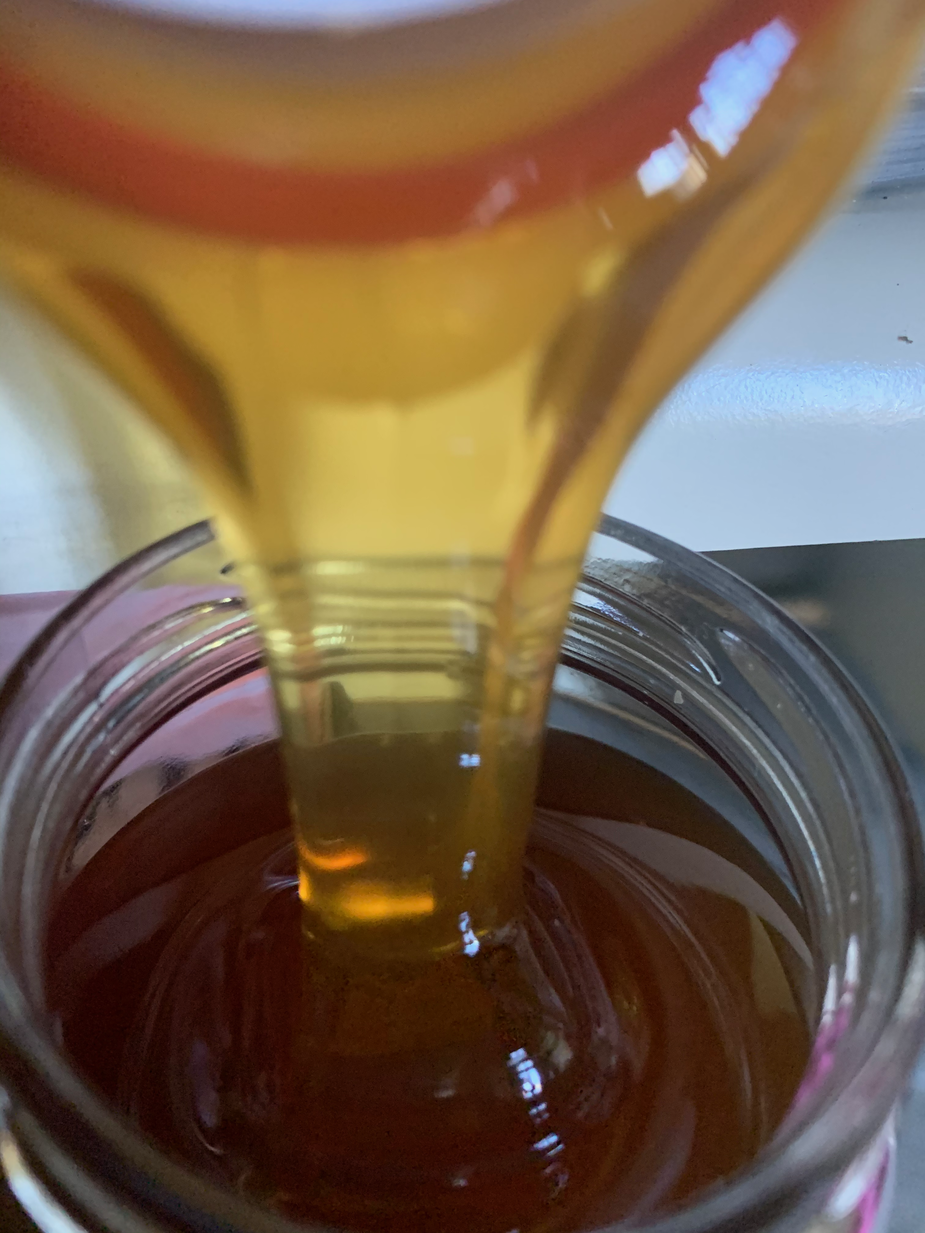
LFCQ:
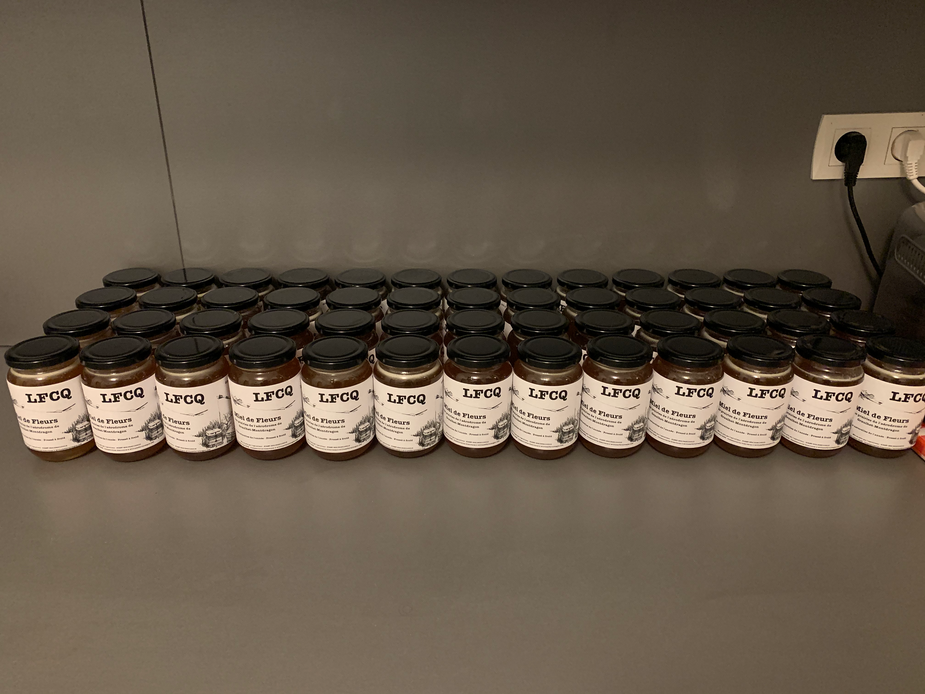
LFCL:
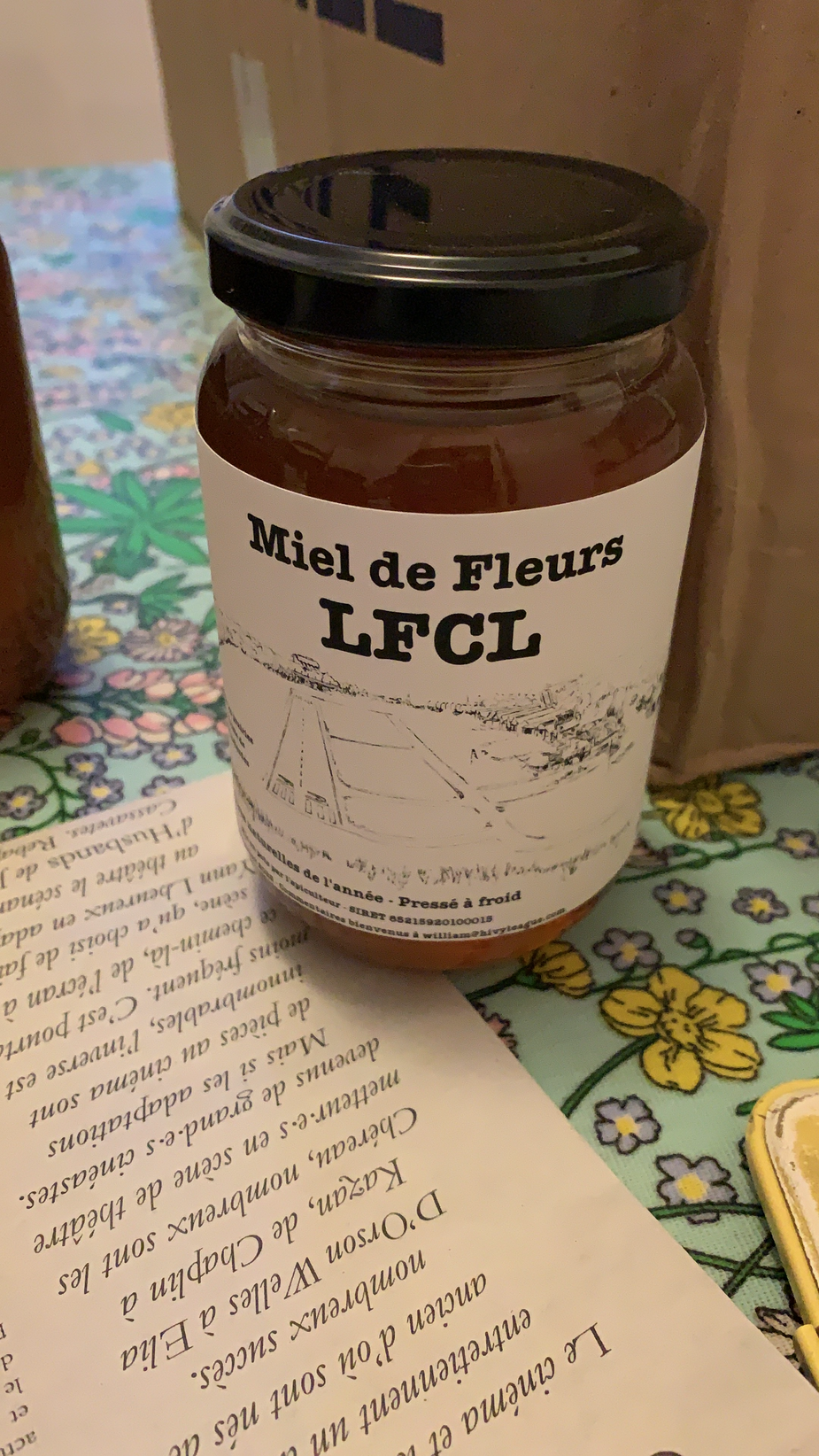
Now it’s time to prepare everybody for winter and to start planning for 2021.
There is a little fb page with updates for those interested.
Cheers!
How do you sell the honey ?
What a wonderful hobby and such a great activity! I always bring a jar of local honey from places I travel to.